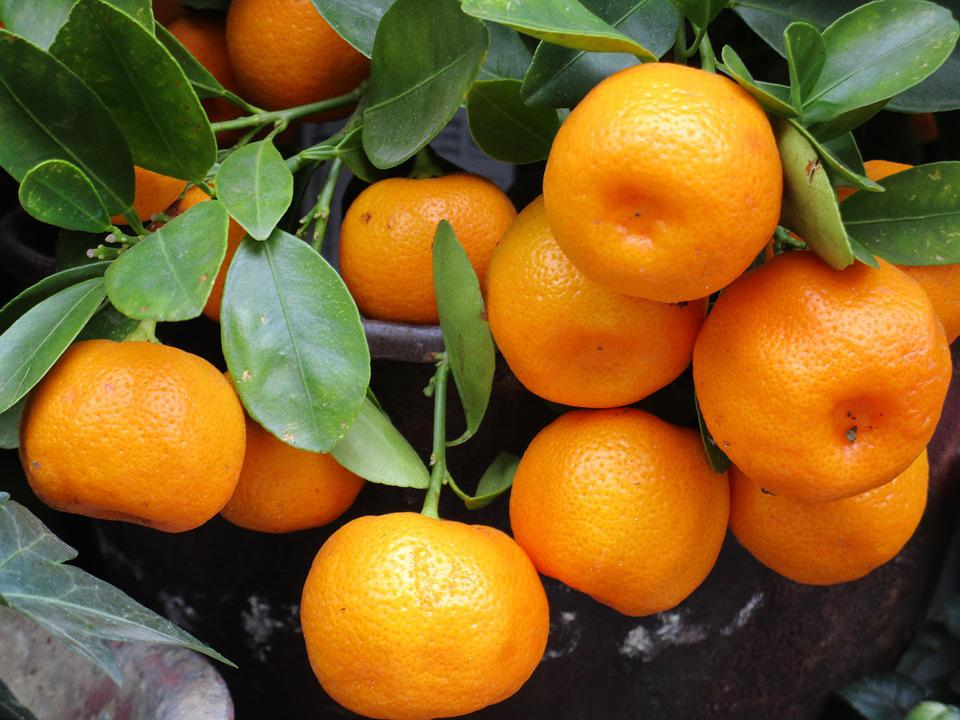As Morski writes, after several months of drought, heavy rain fell on Tuesday in the south of the country and in the Neretva Valley. This particularly pleased the farmers in the area, where this year only about 15 percent of the annual average precipitation has fallen, an event the oldest residents can’t remember having happened before. These more abundant rains will now significantly improve the situation in the production of all agricultural crops, especially tangerines, whose harvest is expected to begin in a month.
After a dry period, rainy refreshment in the Neretva Valley saw local producers breathe a sigh of relief. For the mandarins growing there, and for which the Neretvs Valley is famous, this is a last-minute salvation.
”The situation has never been like this, as far as I can tell, and I’ve been doing this my whole life. In these six, seven months, not much rain fell, only about 140 litres in total, and the annual average is somewhere around 1,200 litres,” said Branko Popic, an observer of the Opuzen agrometeorological station.
The farmers of the Neretva Valley watered the mandarins during the severe drought, and in this way they managed to successfully prevent more serious consequences from occurring. But due to the salinity of the water in this area, today’s sudden rain is still a better option than anything artificial could ever be.
”This is precious rain for all of the mandarins here, for the vineyards, and for the olives in the marginal areas of the Neretva Valley,” explained agronomist Robert Doko.
During these days, plots were being prepared in the Neretva Valley for the planting of strawberries and cabbage, and the land had been without rain for too long. ”It was so dry that it was the same as if we were working in the Sahara, not in the Neretva Valley. This rain will mean a lot to us for the next planting that we have scheduled for next week,” announced Jurica Kapovic from Opuzen.
Local olives also felt the negative consequences of the harsh drought, especially those that grow in the hilly part of the Neretva Valley. Farmer Zivko Mustapic grows about 650 of them on an area spanning about three and a half hectares.
”We’d reached a critical situation, the fruit has already started to fall down. Although I do add a bit of water, it’s only like an infusion for them, just to keep them going,” pointed out Mustapic.
Although only ten litres of rain fell per square metre in the Slivno area, it is expected to improve the development of the olive trees, at least for a while, because the fruit isn’t yet what it should be. Neretva Valley locals are still wishing for more precipitation to fall, because the mandarin harvest is expected in one month.
”During that period, even if this amount of rain fell again, it would be ideal for the mandarins and usually would be for cabbages too, they’d need to be watered less,” said Kapovic.
It was exactly this kind of rain which suited everyone, because they fear the hail that usually comes after a drought. So far, as Neretva Valley producers say, they are happy that at least that threat has bypassed them, as reported by HRT.
For more, make sure to check out our dedicated lifestyle section.









